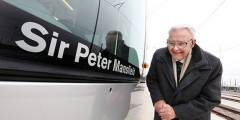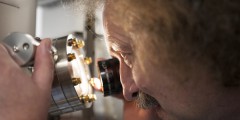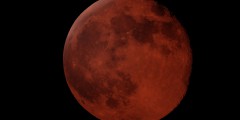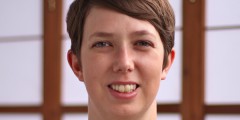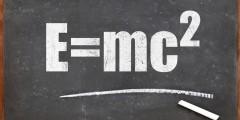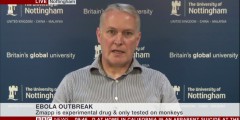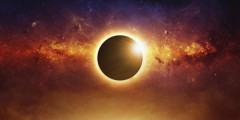Antimicrobial resistance – the search for new collaborative research projects
November 16, 2015
A total of £368,000 is on offer to University of Nottingham researchers who can help to devise interdisciplinary research projects into antimicrobial resistance (AMR). The World Health Organization (WHO) – staging its World Antibiotic Awareness Week this week – says this increasingly serious global threat to the effective treatment and prevention of a growing number of …
Tram named after Nottingham’s Nobel Laureate and co-inventor of the MRI scanner
October 28, 2015
Nobel Laureate Sir Peter Mansfield, one of the world’s most celebrated scientists, has had a Nottingham tram named after him. Sir Peter was awarded the Nobel Prize in Physiology or Medicine in 2003 for his role in the development of Magnetic Resonance Imaging (MRI) – an honour he shared with Paul Lauterbur. Much of that …
Calling all EPSRC science photographers
October 13, 2015
Do you have an eye for imagery that captures the scientific weird and wonderful or those Eureka moments? Would you like to share your photos to support excellence and promote outstanding UK engineering and physical sciences research? If so you might want to take part in the EPSRC 2015 Science Photo Competition. Launched today it runs …
Celebrating the life of Ada Lovelace – the world’s first computer programmer
Sixty Symbols celebrates Ada Lovelace Day. Michael Merrifield, Professor and Astronomy and Dr Meghan Gray an observational extragalactic astronomer in the School of Physics and Astronomy at The University of Nottingham discuss the genius of Ada Lovelace – the world’s first computer programmer. This video by Brady Haran’s Sixty Symbols (‘cool videos about Physics and Astronomy’ …
Blood Moon – Astronomy or Astrology?
September 26, 2015
This blog has been written by Michael Merrifield, Professor of Astronomy in the School of Physics and Astronomy at The University of Nottingham. One of the minor irritation in every astronomer’s life is in being introduced occasionally as an astrologer. In fact, there really shouldn’t be much confusion, as professional astrologers are far better paid …
Nottingham physicist receives medal for ‘pioneering’ work with dark energy
July 1, 2015
Dr Clare Burrage has been awarded the Maxwell medal and prize by the Institute of Physics (IOP) for outstanding contributions to the field of dark energy research. The award is presented to Dr Burrage, Royal Society University Research Fellow and proleptic lecturer in The University of Nottingham’s School of Physics and Astronomy, for her research …
Remembering when…Albert Einstein visited the University – and was late!
June 5, 2015
Eighty-five years ago tomorrow (6 June) the most famous physicist, mathematician and philosopher of all time, Albert Einstein, paid a visit to The University of Nottingham. Einstein’s visit was arranged by the then Head of Physics, Professor Henry Brose. Professor Brose was an authority on the Theory of Relativity and had translated many of Einstein’s books …
Experience life as a science journalist – deadline tomorrow!
April 2, 2015
There are just a few hours left to apply for a funded place on the British Science Association’s Media Fellowship Scheme. Deadline tomorrow. If you have a real enthusiasm for science communication – and can give examples to support this – then read on. Additional info you might find useful: This scheme is for practising scientists. …
Solar Eclipse 2015: what you need to know
March 16, 2015
It’s the biggest solar eclipse in the UK since 1999 and is set to plunge some parts of the country into near darkness on Friday morning. PhD student Rebecca Kennedy from the School of Astronomy and Physics gives the low down on what you need to know about this celestial phenomenon — and how you …
Life in space – new opportunities for research
April 22, 2014
The European Space Agency (ESA) is selecting new experiments to float in microgravity, 400 km above the planet on the International Space Station (ISS). To encourage scientists to come forward Dr Nathaniel Szewczyk an expert in molecular medicine from the School of Medicine at The University of Nottingham recorded an interview specially for the ESA to talk …


